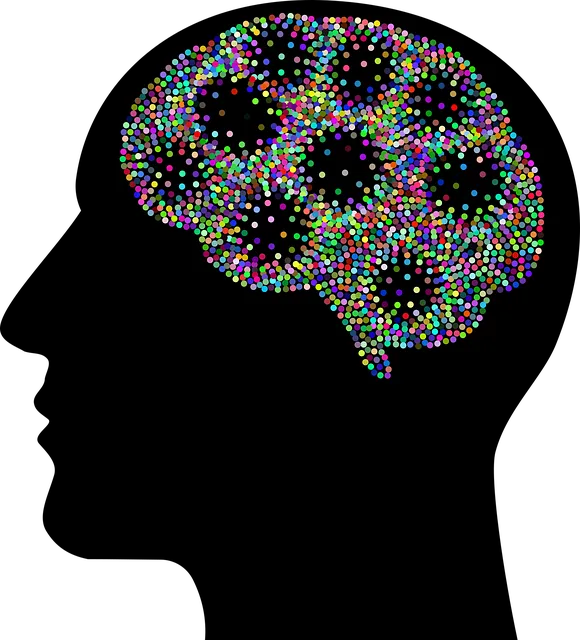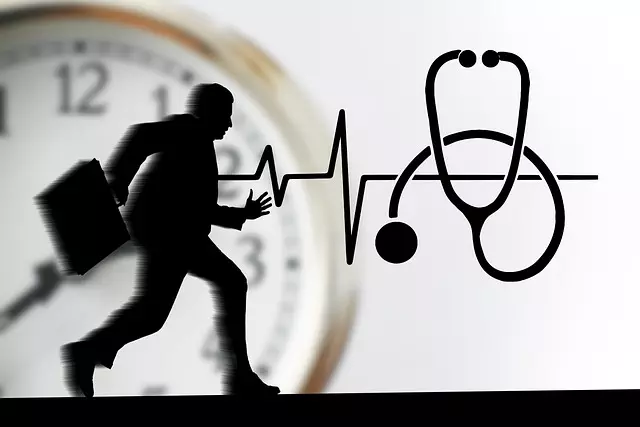The Englewood Kaiser mental health programs focus on teaching and enhancing adaptive coping skills like exercise, mindfulness, and social support while addressing maladaptive behaviors. Using evidence-based methods such as compassion cultivation and risk assessment, these programs equip individuals with robust coping repertoires to manage stress, foster resilience, and promote positive interactions. Through individual therapy, group support, workshops, and self-care initiatives, Englewood Kaiser empowers clients to achieve holistic mental wellness by integrating coping skills into their daily lives.
Coping skills are essential tools for navigating life’s challenges and maintaining mental well-being. This comprehensive guide explores various aspects of coping skill development, offering valuable insights for personal growth. We delve into the foundational understanding of these skills, highlighting the transformative impact of programs like the Englewood Kaiser Mental Health Programs. By identifying personal coping mechanisms and implementing effective training strategies, individuals can integrate these skills seamlessly into daily life, fostering resilience and enhancing overall mental health.
- Understanding Coping Skills: An Overview
- The Role of Englewood Kaiser Mental Health Programs in Skill Development
- Identifying Personal Coping Mechanisms
- Strategies for Effective Coping Skills Training
- Integrating Coping Skills into Daily Life
Understanding Coping Skills: An Overview

Coping skills are the strategies individuals use to manage stress, overcome challenges, and maintain well-being. They play a crucial role in mental health, offering tools to navigate life’s ups and downs. Englewood Kaiser mental health programs recognize the importance of teaching and enhancing these skills, which can be particularly beneficial for those facing various psychological and emotional hurdles.
Understanding coping mechanisms involves recognizing both adaptive and maladaptive strategies. Adaptive coping skills include healthy habits like exercise, mindfulness practices, or seeking social support, whereas maladaptive approaches might manifest as avoidance behaviors or substance abuse. Compassion cultivation practices, conflict resolution techniques, and risk assessment for mental health professionals are key components in developing a robust coping repertoire. These evidence-based methods foster resilience, promote positive interactions with others, and enhance overall mental health.
The Role of Englewood Kaiser Mental Health Programs in Skill Development

The Englewood Kaiser mental health programs play a pivotal role in coping skills development for individuals seeking support and growth. These programs offer comprehensive services tailored to address various mental health concerns, focusing on evidence-based practices that empower clients with effective coping strategies. Through individual therapy sessions, group support meetings, and specialized workshops, participants gain valuable insights into emotional intelligence and mood management techniques.
One of the standout aspects of Englewood Kaiser’s approach is its emphasis on risk management planning for mental health professionals. This proactive strategy equips both patients and practitioners with tools to navigate challenging situations, ensuring a safe and supportive environment. By integrating these programs into their offerings, Englewood Kaiser demonstrates its commitment to not just treating symptoms but fostering resilience and enhancing overall well-being.
Identifying Personal Coping Mechanisms

Uncovering and understanding your unique coping mechanisms is a powerful step towards enhancing mental wellness. Englewood Kaiser mental health programs encourage individuals to explore their innate strategies for dealing with stress, anxiety, or challenging situations. This process involves self-reflection and recognizing patterns that have helped one weather past storms. By identifying these personal coping mechanisms, whether it’s engaging in creative pursuits, spending time in nature, practicing mindfulness meditation, or connecting with supportive networks, individuals can begin to harness their inner resilience.
The Mental Wellness Podcast Series Production often delves into these topics, providing insights and techniques for cultivating effective coping skills. Additionally, Risk Management Planning for Mental Health Professionals emphasizes the importance of self-care and understanding individual coping styles to avoid burnout and ensure optimal client support. Mindfulness Meditation, as a core practice in many programs, teaches individuals to stay present and cultivate a non-judgmental awareness that can significantly enhance their ability to cope with life’s challenges.
Strategies for Effective Coping Skills Training

Englewood Kaiser mental health programs offer a comprehensive approach to coping skills development, focusing on empowering individuals to navigate life’s challenges effectively. These programs recognize that different strategies resonate with diverse personalities and circumstances, thus tailoring interventions for maximum impact. Through interactive workshops, clients learn a toolkit of techniques, ranging from mindfulness practices for stress reduction to cognitive reframing for managing negative thoughts.
The training goes beyond mere knowledge transfer, emphasizing hands-on experience. Role-playing scenarios, for instance, allow participants to practice assertive communication and set healthy boundaries. Moreover, mental health professionals play a pivotal role in facilitating these sessions, providing expert guidance while encouraging peer support. By integrating evidence-based practices alongside real-world application, Englewood Kaiser equips individuals with the confidence boosting tools needed to confront personal struggles head-on. This holistic approach, coupled with ongoing risk assessment for mental health professionals and informed by mental health policy analysis and advocacy, ensures that participants not only gain new coping mechanisms but also understand their role within the broader landscape of mental wellness support.
Integrating Coping Skills into Daily Life

Integrating coping skills into daily life is a transformative process that can significantly enhance one’s overall well-being. The Englewood Kaiser mental health programs emphasize this integration by offering strategies that go beyond mere awareness. Through tailored interventions, individuals learn to seamlessly incorporate stress reduction methods and social skills training into their routines, creating a buffer against burnout prevention strategies for healthcare providers. This approach ensures that coping mechanisms become second nature, fostering resilience in the face of life’s challenges.
By regularly practicing these techniques, whether it’s through mindfulness exercises, building supportive social networks, or adopting healthy lifestyle habits, individuals can create a balanced and fulfilling life. The goal is not just to manage stress but to thrive despite its inevitable occurrence. This holistic integration, as promoted by Englewood Kaiser, empowers individuals to navigate their daily lives with greater ease, ensuring mental health remains a priority alongside physical well-being.
Coping skills development, facilitated by programs like those offered by Englewood Kaiser Mental Health Programs, is a vital component of maintaining mental well-being. By understanding our personal coping mechanisms and employing effective strategies, we can better navigate life’s challenges. Integrating these skills into daily routines ensures resilience and improved overall quality of life. Through self-awareness and practical training, individuals can enhance their ability to cope, fostering a sense of control and empowerment.






